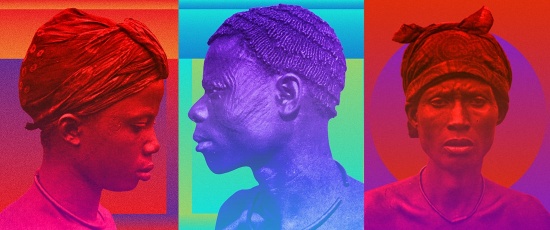Associated Projects
Tiere als Objekte | Animals as Objects
Animals as Objects. Zoological Gardens and Natural History Museum Berlin, 1810 to 2020 is a cooperative research project funded by the German Federal Ministry of Education and Research between the Museum für Naturkunde Berlin, the Humboldt-University of Berlin and the Berlin Zoo plc. It investigates the processes by which animals are turned into objects – living zoo attraction, museum exhibits, diplomatic matters, teaching tools and data sets. The project investigates four, in many ways related scientific collections: the Museum für Naturkunde Berlin, the Zoological Garden, part of which are also the Aquarium and the Tierpark, as well as the Teaching Collection of the Zoological Institute of the Humboldt University Berlin. Focus of the research are the traffics and transformations of animal-objects within and between these Berlin-based sites of knowledge in their global, political, scientific and cultural context. Investigations of the animal-objects center on their material, data and discursive ecologies which form and inform their care, conservation and sustainability.
Project website: https://www.museumfuernaturkunde.berlin/en/science/animals-objects
Heritage Futures
Profusion is a theme of the Heritage Futures 4-year research project (2015–2019) funded by a UK Arts and Humanities Research Council (AHRC) Large Grant and supported additionally by its host universities and partner organisations. The Heritage Futures project is carrying out ambitious interdisciplinary research to explore the potential for innovation and creative exchange across a broad range of heritage and related fields, in partnership with a number of academic and non-academic institutions and interest groups. The Profusion theme (based at the University of York and directed by Sharon Macdonald) focuses on the question of how museums and people in their homes decide what to keep in the face of mass production and consumption.
Project website: heritage-futures.org
France and Germany Facing Colonial Heritages
The critique regarding the collections constituted on the African continent during the colonial period profoundly changed the vision of the museum, by questioning the institution in its functioning, in connection with the emergence of an ethnography of the museum. As part of the project France and Germany facing Colonial Heritages: Contemporary Re-readings of Museum Collections, an interdisciplinary network of researchers is examining the impact of these changes on the museum landscape in France and Germany. This transnational study is concerned with the processes of the patrimonialization of objects and contemporary issues in which the colonial past is currently invested in the field of social, scientific, museum and artistic practices. The research group is centered around the seminar Rewriting the Colonial Past: Contemporary Challenges of Museum Collections. The collaboration with CARMAH will involve various forms of intellectual exchange, also including cooperation with the HKW.
For further information please see the project website:
http://www.ciera.fr/de/node/13842
Museum Affordances

What do museums afford? What repertoires of action do they make possible? CARMAH is a partner in a 3-year project funded by the UK’s Arts & Humanities Research Council and led by Paul Basu, Professor of Anthropology at SOAS University of London, which is investigating the latent possibilities of museum collections, curatorial interventions and innovative exhibition practices. More particularly, the project explores how museums can activate ethnographic archives and collections assembled in the colonial era as catalysts for intercultural understanding, for recovery of lost histories, repairing past injustices, building relationships, exchanging knowledge and engaging creatively across social and cultural boundaries. Can such historical collections transcend the colonial contexts of their collection and be used as resources for decolonisation?
In pursuit of these objectives, the project is engaging in a programme of experimental museology, focused on a remarkable assemblage of objects, photographs, sound recordings, botanical specimens, fieldnotes and publications that constitute the legacy of a series of anthropological surveys undertaken by Northcote Whitridge Thomas (1868-1936). CARMAH researchers will be participating in a series of workshops, and CARMAH will itself be hosting the second workshop, in 2019. This will specifically address the affordances of different forms of intervention and engagement, including creative collaboration and the work of contemporary artists with ethnographic archives and collections.
For further information please see the project website:

